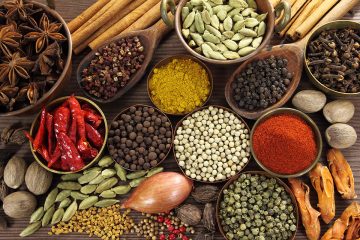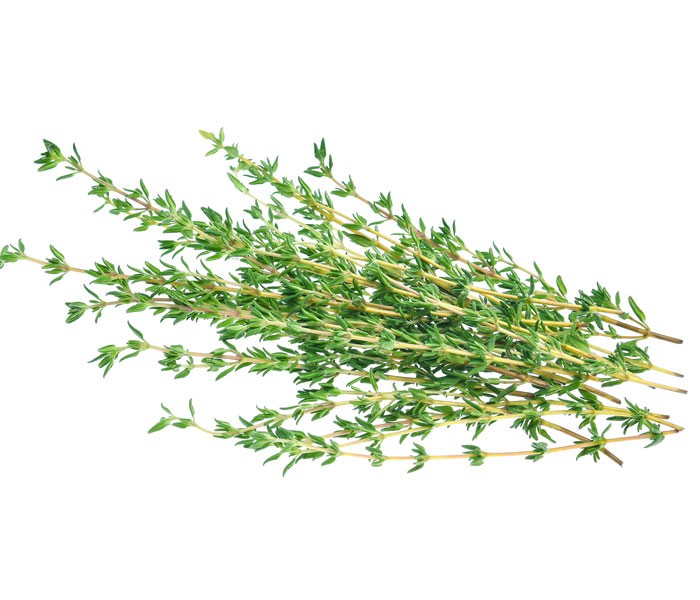
Thyme
By the end of 2020, thyme will have contributed around 1 billion TL to Turkey’s GDP. According to the data, there are 55 thousand tons of useable thyme in a forest area of 340 thousand hectares, which have provided 69 million dollars in foreign cash inflow against an export of 19,771 tons last year and provided 69 million dollars in foreign exchange inflow. Thyme cultivation in Turkey is going very well, therefore good prices are to be expected.
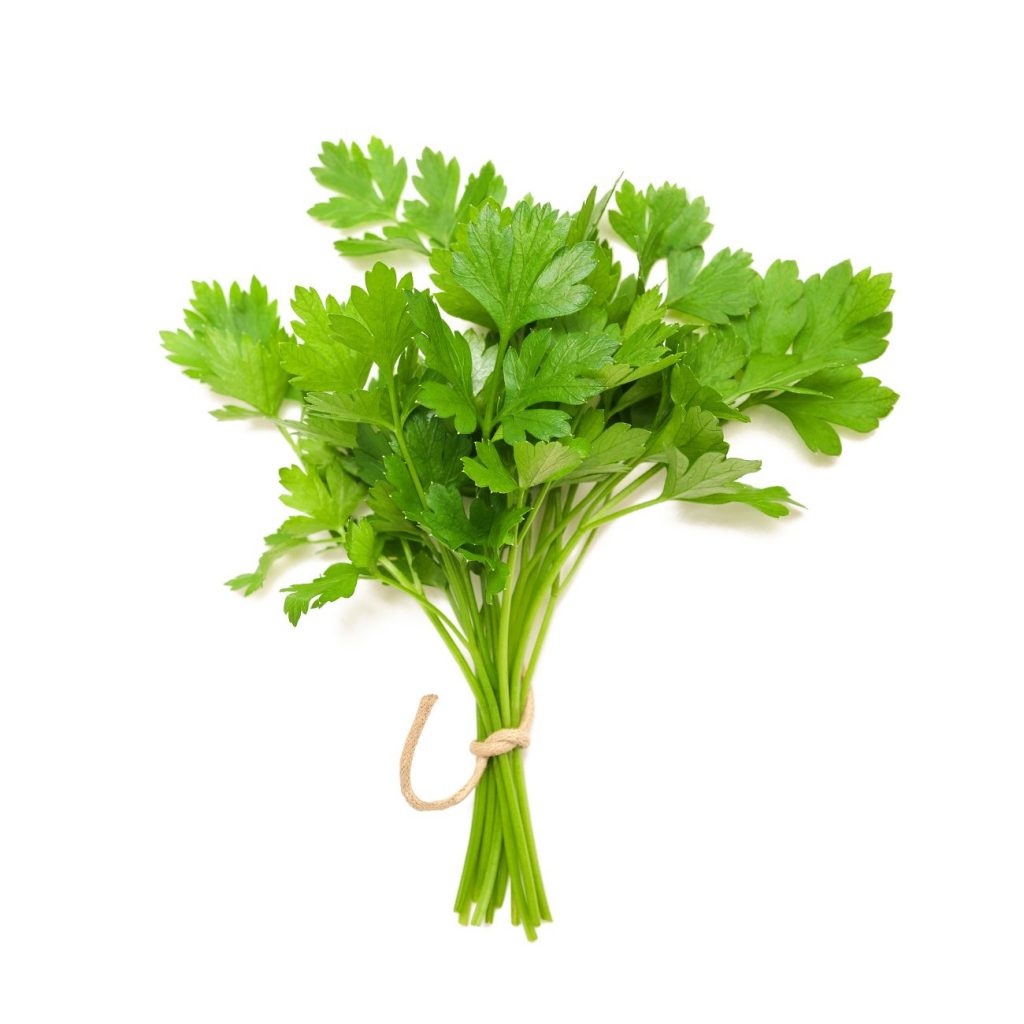
Coriander
In early October 2021, 2.91USD/kg was recorded for Chinese coriander, which is a significant component of Chinese cuisine. The price of coriander was 1.46USD/kg; in just 5 days, the price had doubled. The price increase was prompted by an overabundance of rain in season 2020, which resulted in a coriander scarcity.

Paprika
In October, the crop of Spanish bell peppers will be lower than usual. The vegetable harvest is slowly restarting in the greenhouses of El Ejido, in the Spanish province of Almera, but producers anticipate being fully operational in a few weeks, supplying the European market with lots of fresh produce. Bell peppers, zucchini, and cucumbers are all inexpensive. Because it is extremely hot in Almera and many crops have died as a result, therefore we anticipate rather low volumes.
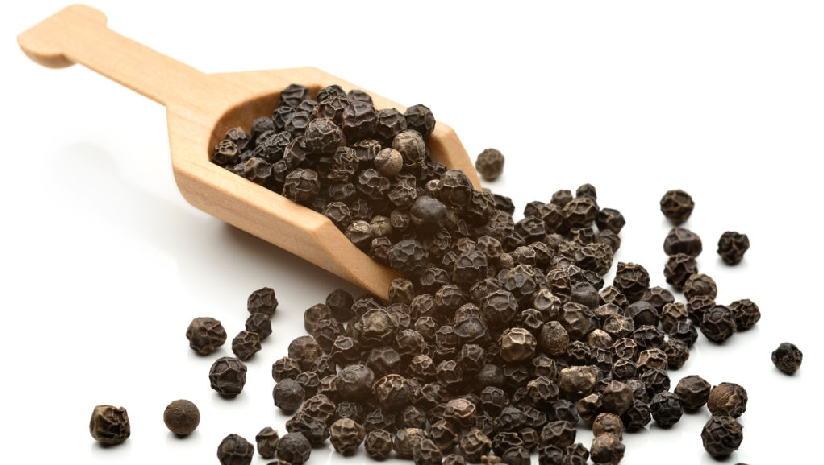
Black Pepper
The rise in orders to China, feeding the local consumer market over their National Day, is the reason pepper prices are rising so quickly in September. When Vietnam reopened after September 30, there was a positive signal from the war against Covid-19.
Climate change and the pandemic has damaged Vietnam, as well as certain other major pepper-producing countries such as Brazil, Indonesia, and India, resulting in a dramatic drop in output in 2021. Pepper exports
amid the global economic conditions of a pandemic, together with increased logistical costs and production stagnation, all have an impact on productivity, export output, and delivery schedule. Energy prices have also
risen dramatically over the world, resulting in significant rises in transportation and logistics expenses.
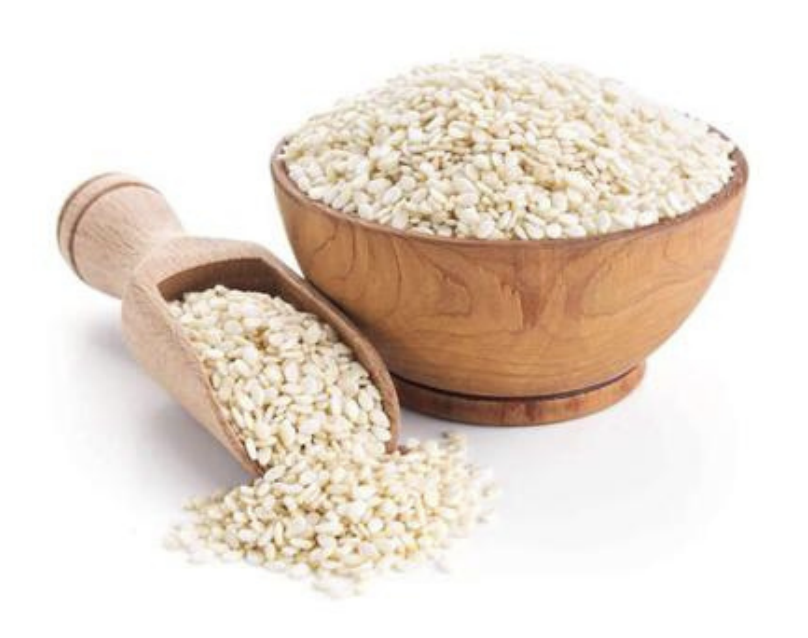
Sesame Seeds
In 2021, sesame seeds will continue to lead Nigerian agricultural exports, with cocoa beans and cashew nuts trailing far behind. According to the latest data from the Nigerian National Statistics Agency, sesame exports totalled N41.94 billion in Q1 2021, accounting for 33 percent of overall agricultural export shipments. This demonstrates a large swing in exports, with a 14.6 percent decline from January to March 2021 and a 53 percent increase from the preceding quarter. Nigeria is one of the world’s largest producers of sesame seeds. The country produced 8.2 percent of the world’s total output in 2019. Nigeria’s sesame seed harvest was 480,000 tonnes in 2019, according to FAO statistics, making it the world’s fifth-largest producer.
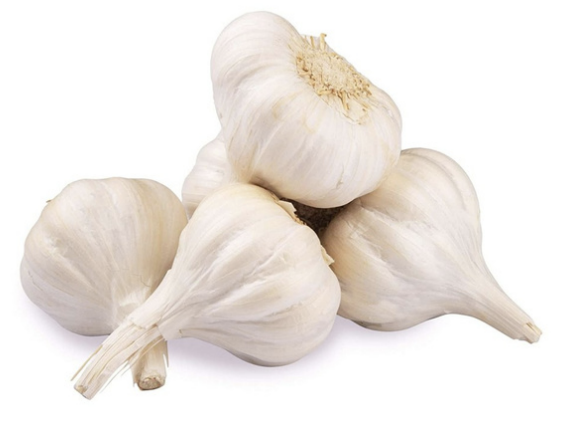
Garlic
Saudi Arabia is buying garlic from the main source China as a back up to have reserves despite the high prices in China that are a result in the global increase in demand.
The rejection rate for garlic at Taiwan Customs is remains high. More than 200 garlic shipments were denied at Taiwan Customs in 2020, with some blaming it on politics and others blaming it on quality. Garlic exports are
still being rejected at a significant rate in 2021, notably from Egypt and Spain, due to filth in the roots, forcing importers to reduce their quantities.
Garlic is becoming more affordable in China. China has just begun a fresh garlic season, which began in June. Season 2020’s output volume and quality are roughly the same. However, demand for garlic from other countries has decreased, owing to COVID-19, increased freight costs, and a container constraint. As a result of lower demand from importing countries, exports have reduced, forcing the price to fall. In comparison to the end of June, the price has fallen by about 5-7 percent.
Imports dominate in Ukraine due to a lack of powerful garlic producers and storage. Ukraine imported 5.6 thousand tons of Chinese garlic last year, placing 38th among importers. Unfortunately, they are currently unable to meet the demand of our retail chains with their own garlic, as Ukraine has sufficient garlic producers capable of producing big quantities of high-quality commodities, as well as adequate facilities in which to store garlic over the winter.
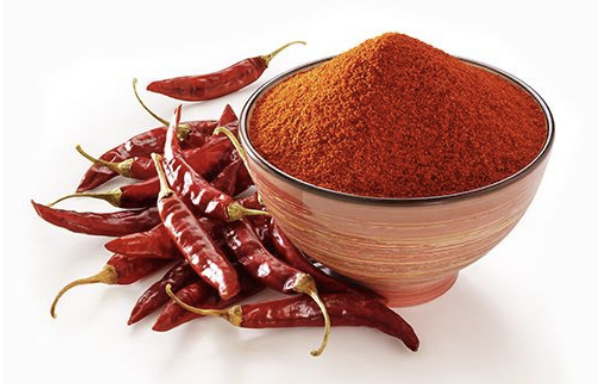
Chili Pepper
In Thailand, land allocation for agriculture is shrinking, resulting in an increase in imports from abroad. Thai food processors (manufacturers, packers, and spice vendors) are increasingly importing chili flakes and powder from other countries, mostly China (and some from India). This aims to compensate for a shortfall in domestic Thai chili production caused by diminishing agricultural land. Manufacturers must, however, produce a blend of the foreign and Thai varieties that is suited for the Thai palate.
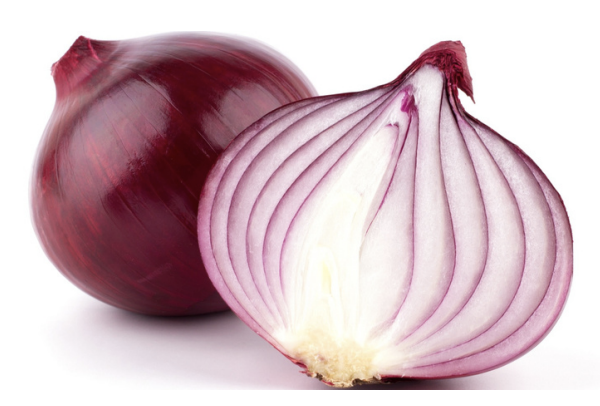
Onion
Onion prices in Bangladesh are expected to fall after imports and the summer harvest arrive in the market in 15 to 20 days. Onions are a perishable item, and their price usually rises at the end of the season due to a lack of adequate storage. Japan is Taiwan’s top onion exporting country. Due to insufficient output, the volume of Japanese onion exports has declined dramatically since March 2021. Alternative origins, such as South Korea or the United States, are being sought by Taiwanese purchasers.

